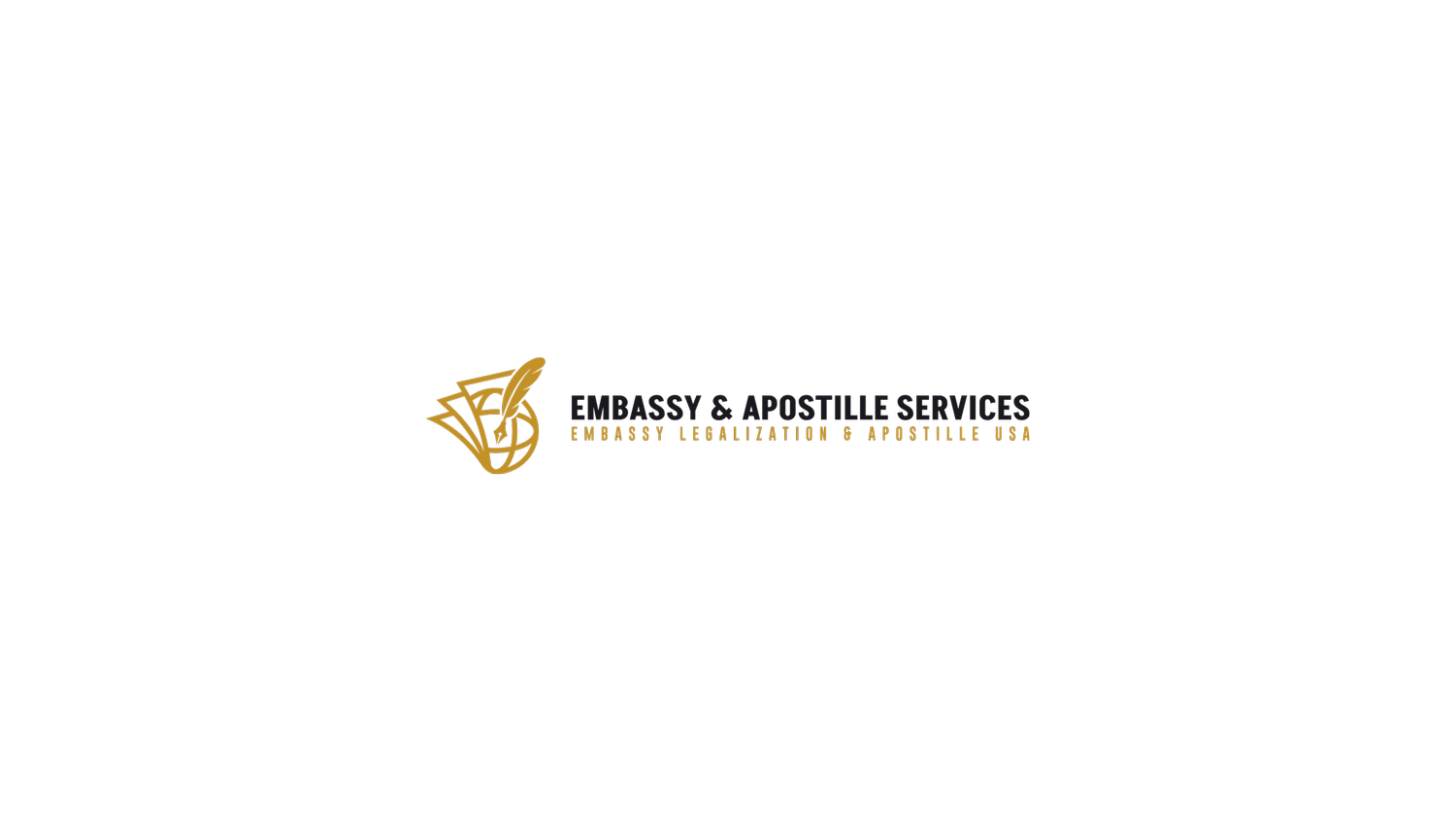Apostille Services for Federal Documents at the U.S. Department of State in Washington, D.C.
When preparing U.S. federal documents for international use, especially in countries that are members of the 1961 Hague Convention, obtaining an apostille is a crucial step. The U.S. Department of State's Office of Authentications in Washington, D.C., is the designated authority responsible for issuing apostilles for federal documents. This guide provides an overview of the apostille process and lists common federal documents that often require this certification.
Understanding the Apostille Process for Federal Documents
An apostille is an official certificate that authenticates the origin of a public document. For documents issued by U.S. federal agencies, the apostille process involves several key steps:
Document Preparation: Ensure that the document is an original or a certified copy with the appropriate seal or signature from the issuing federal agency. It's important to note that notarizing a federal document is generally not required and can sometimes lead to delays or rejections.
Form DS-4194: Complete the Request for Authentication Services (Form DS-4194). This form requires details such as the document's intended country of use and the return address. It's essential to specify the destination country, as this determines whether an apostille or an authentication certificate is issued.
Submission Methods:
By Mail: Send the completed form, the document(s), and the appropriate fee to:
U.S. Department of State
Office of Authentications
44132 Mercure Cir
PO Box 1206
Sterling, VA 20166-1206
Processing times for mail submissions can exceed five weeks.In-Person Submission: For faster processing, documents can be submitted in person at the Office of Authentications located at:
600 19th Street NW
Washington, D.C. 20006
Walk-in hours are typically Monday through Thursday, from 7:30 a.m. to 9:00 a.m.
Fees: The standard fee for an apostille or authentication is $20 per document. Payment can be made via check or money order payable to the "U.S. Department of State."
Return of Documents: Include a self-addressed, prepaid envelope (such as FedEx or UPS) for the return of your apostilled documents. It's advisable to use services that provide tracking and delivery confirmation.
Common Federal Documents Requiring Apostille
Several types of federal documents frequently require apostille services for international use:
FBI Background Checks: Often needed for employment, immigration, adoption, or residency purposes abroad.
U.S. Passport Copies: Required for visa applications, international travel, or establishing identity overseas.
Social Security Administration (SSA) Documents: Such as benefits verifications or earnings statements, often needed for pension claims or social services abroad.
Internal Revenue Service (IRS) Documents: Including tax returns or transcripts, which may be required for financial purposes in foreign countries.
U.S. Department of Justice (DOJ) Documents: Such as federal court orders, bankruptcy filings, or petitions for name changes.
U.S. Patent and Trademark Office (USPTO) Documents: Including patent applications or trademark registrations, necessary for intellectual property matters internationally.
U.S. Department of State Documents: Such as Consular Reports of Birth Abroad (CRBA), which are essential for citizenship or residency applications in foreign countries.
U.S. Department of Health and Human Services (HHS) Documents: Including certificates of foreign government use, pharmaceutical export certificates, or certificates of free sale, often required for international trade or health-related purposes.
U.S. Department of Homeland Security (DHS) Documents: Such as immigration certifications or naturalization records, necessary for visa or residency applications abroad.
U.S. Department of Agriculture (USDA) Documents: Including animal health certifications, meat and poultry export certificates, or certificates of wholesomeness, which are vital for international trade in agricultural products.
U.S. Food and Drug Administration (FDA) Documents: Such as certificates of free sale, certificates of origin, or certificates of pharmaceutical products, often required for exporting medical products or pharmaceuticals.
Important Considerations
Notarization: Federal documents should not be notarized before submission for apostille. Notarization is typically unnecessary and can complicate the authentication process.
Translation: If the document is in a language other than English, a certified translation may be required by the receiving country. Ensure that the translation is accurate and notarized if necessary.
Embassy Legalization: For countries not part of the Hague Convention, an apostille is not sufficient. In such cases, after obtaining the apostille, the document must be further legalized by the embassy or consulate of the destination country.
Conclusion
Navigating the apostille process for U.S. federal documents can be intricate, but understanding the necessary steps and requirements ensures that your documents are properly authenticated for international use. By adhering to the guidelines set forth by the U.S. Department of State and preparing your documents accordingly, you can facilitate a smoother process for your international endeavors.
